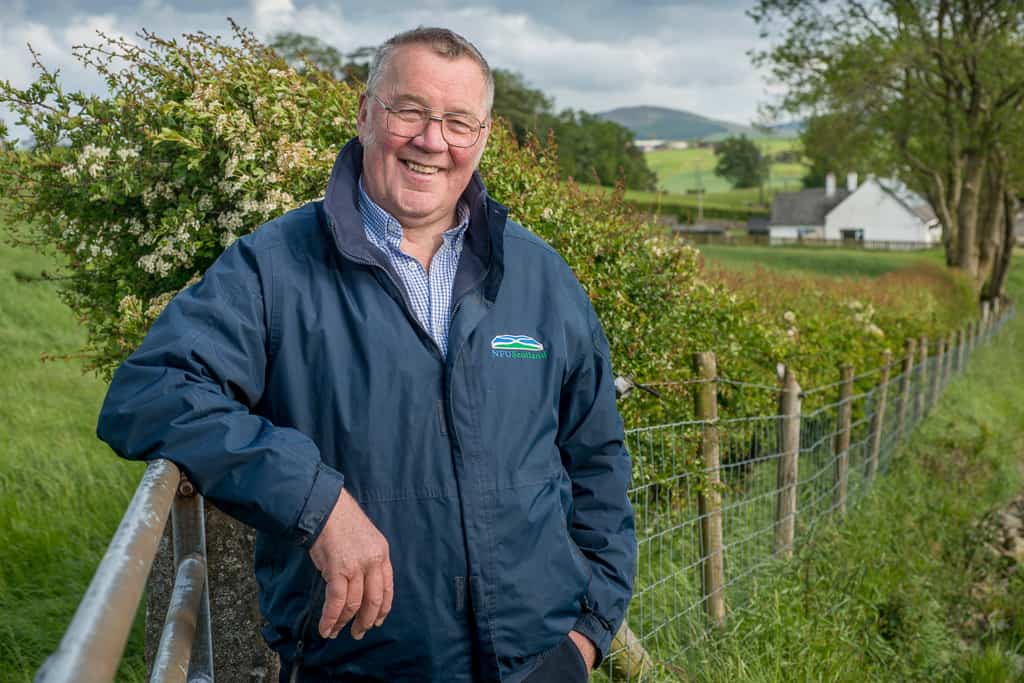NFU Scotland has welcomed the announcement that Scotland’s Agri-Environment Climate Scheme (AECS) will open to applications in January 2021, albeit on a limited basis and without detail on what funding is to be made available.
This follows a concerted effort by the Union to ensure continuity of the main scheme for biodiversity and climate change in Scotland and which provides vital support to farmers, crofters and those who undertake environmental land management.
In September, NFU Scotland wrote to the Scottish Government to express serious concern that no commitment to the continuation of AECS from 2021 beyond the one-year extension of contracts offered to agreement holders in 2020. In November, NFU Scotland joined a group of 11 prominent farming, crofting and environmental organisations in calling for an urgent decision in favour of continuity for AECS.
The Scottish Government has announced today (23 December) that AECS will open a restricted round for new applications on 25 January 2021 and close after an extended application period on 30 June 2021. This new funding round of AECS will focus on designated sites, organics, management supporting farmland waders, corn buntings and corncrakes, slurry stores and improving public access.
Commenting on the announcement, President Andrew McCornick said: “It was crucial that AECS was opened for applications in 2021.
“While the projects to be supported are known, the level of support for the scheme going forward remains unclear. This is a Pillar Two Rural Development Scheme traditionally co-financed by both Europe and Scottish Government.
“As for the future, failure to support AECS in the next few years may result in existing contracts ending year on year from 2022 onwards and a very large area of land falling out of environmental management.
“Decisions on the future of agri-environment schemes from 2021 and beyond must be a priority. Farmers, crofters and their advisors need certainty and time to prepare and plan for applications with confidence so that they can deliver on high quality food production whilst meeting the challenges of biodiversity and climate change head on.”






